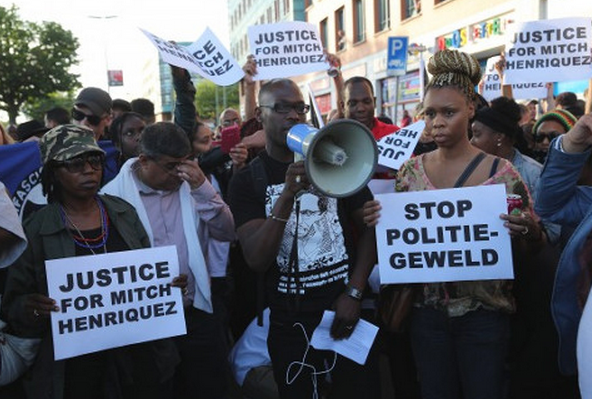Study: Cycling Like The Dutch Would Reduce World’s Carbon Pollution
In the Netherlands, cycling is a way of life and is so common that there are more bikes than people, according to BBC News. As many as 70 percent of journeys are by bike in cities like The Hague and Amsterdam.
Cycling can be a significant way to reduce a person’s carbon footprint, as using a bike instead of a car as little as once per day reduces an average person’s transportation emissions by 67 percent, according to University of Oxford researchers, reported Bloomberg.
An international research team has recently shown that almost 700 million metric tons of carbon pollution would be saved each year if everyone rode their bikes every day like the Dutch, Phys.org reported. That’s more than the annual emissions of Canada.











